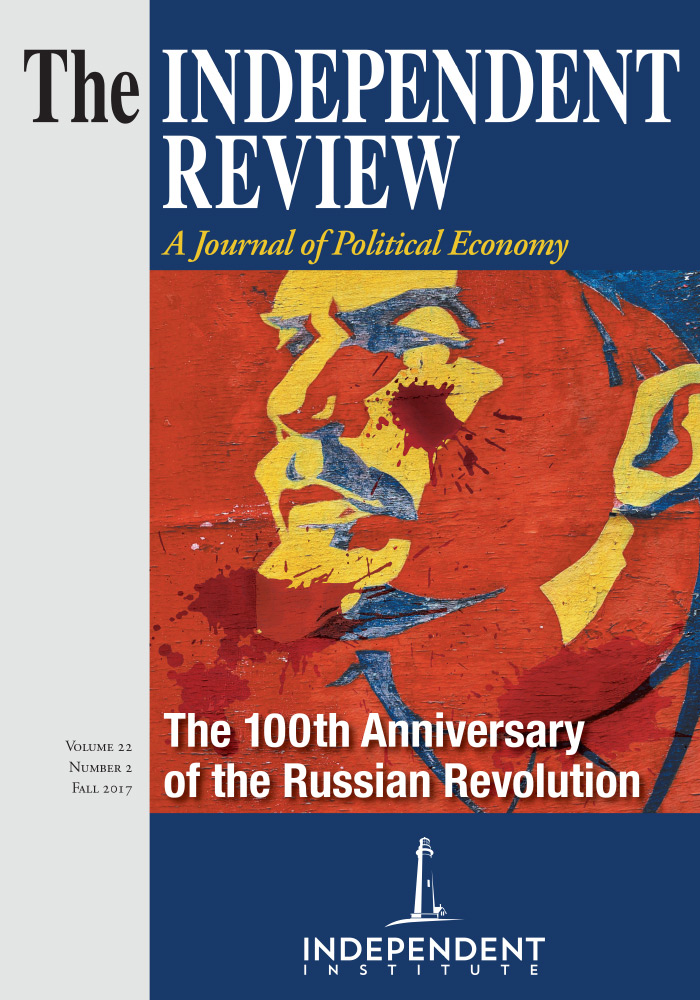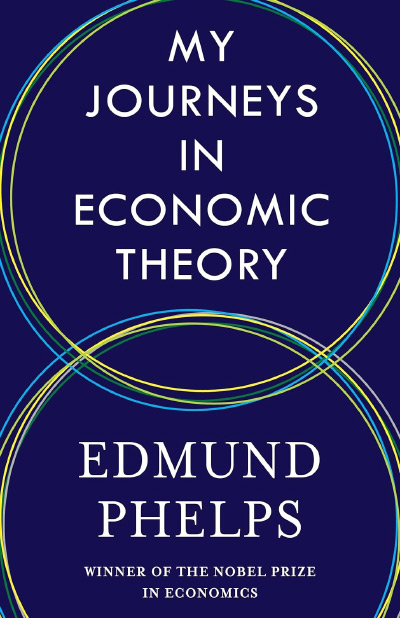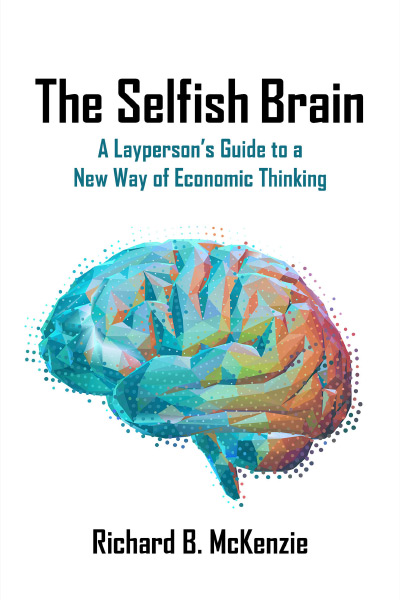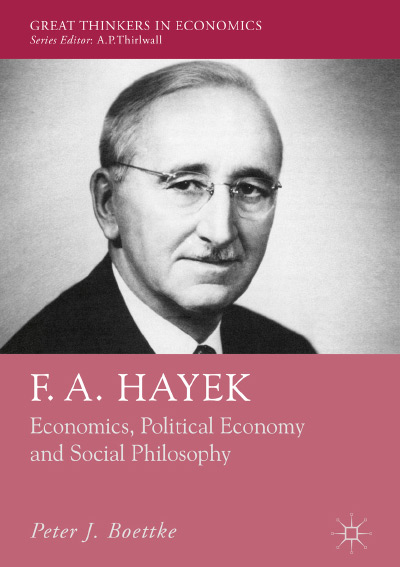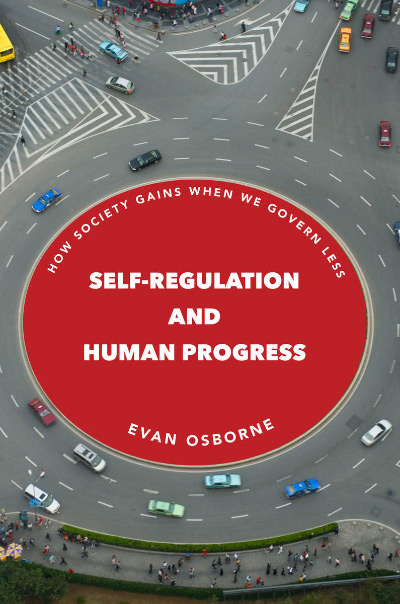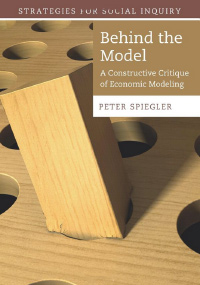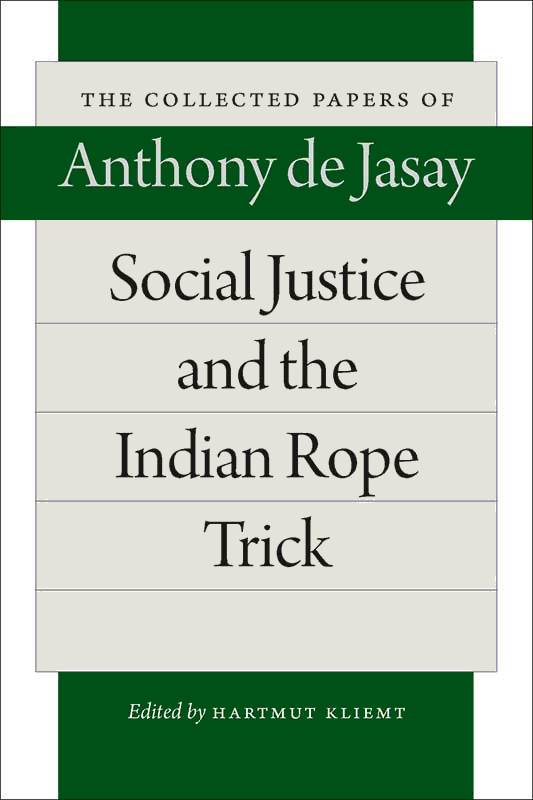Over the past decade or two, Robert H. Frank has become one of the most frequent and well-regarded progressive critics of the economic status quo. In a series of books, he has argued that social, cultural, and political changes have contributed to growing inequality and economic inefficiency, and he has argued that a larger role for the state is central to resolving these problems. In some ways, he has positioned himself as this generation’s John Kenneth Galbraith.
In his latest book, Success and Luck, Frank extends some of his prior work by arguing that luck plays a much bigger role in economic success and therefore in inequality and inefficiency than it used to, which requires a policy response to minimize its effects. More specifically, by contributing to unjustified inequality, luck creates inefficiency by encouraging what Frank sees as the wasteful consumption of status competition among the wealthy. He argues that having a bigger, more expensive wedding or car than the next guy provides no additional happiness to people, only the benefits of relative status. This status competition has become a collective-action problem where everyone would be better off if no one engaged in it. Frank’s solution, as he has long promoted, is a progressive consumption tax to discourage this sort of inefficient and wasteful behavior.
In Success and Luck, Frank also argues for using the revenues from this tax for major “public investment” in everything from education to infrastructure. The relevance of luck is that such investments create the conditions under which those lucky enough to benefit from them are able to earn their high incomes. We should recognize our good fortune, both personal and social, with gratitude, and the best way to express that gratitude is to support the public policies needed to make such opportunities available to the widest range of people. We would all be better off with fewer $100,000 weddings and $300,000 cars and more government spending on education, infrastructure, and research and development.
There are a whole range of problems with Frank’s argument, from his understanding of the roles of luck and merit in the market to his faith that “public investment” can solve the inequality and inefficiency issues. One need not justify the inequalities of the status quo, a good share of which are based on neither merit nor luck but on cronyism and political connections, in order to see that his diagnosis of the supposed ailments and especially his proposed cures are off the mark.
Frank’s definition of luck is itself problematic. Early on he argues that “[t]aking a risk means that a successful outcome isn’t certain. So if [someone] took risks and was successful, he was lucky by definition” (p. 4). The problem here is that all human action involves taking risks and an uncertain future. If succeeding in the face of uncertainty means one is lucky, then luck has no real meaning because it would be relevant to the outcome of every action people take. Just because an outcome is not certain does not mean that the person who is successful was lucky. Imagine two chess players who do not know each other’s skill level. The outcome of the game is uncertain to both, yet it would be wrong to say a priori that the winner is therefore lucky! He or she might well be more skilled. All market activity involves uncertainty, but that is a separate question from the role played by luck versus skill.
Frank also doesn’t sufficiently distinguish luck from opportunities, nor does he seem to recognize that turning luck into success requires people to act. A number of his examples of luck, including some from his own life, are really about the kind of support that friends and family provide for each other. Frank was helped along early in his career by the presence of a more senior economist in his department who encouraged him on several projects. He wants to call it luck that this person was there in that place at that time, but that argument ignores the fact that Frank chose to act on the opportunity of mentorship that presented itself. This example is not about luck but about entrepreneurial alertness in the face of opportunity. Opportunities are often beyond our control, but our ability to seize the moment is often well within our control. We don’t make our own luck, but when opportunities come our way, we can make the most of them.
Implicit in Frank’s argument, as his use of the phrase “the myth of meritocracy” in his book’s subtitle suggests, is that defenders of the status quo believe that those who have achieved great wealth have done so because of some large degree of merit and not because of any luck. What Frank ignores is that not all defenders of marketbased determinations of income have argued that these determinations are or should be tied to merit. Frank rightly observes that the “traditional approach” has been to see people as “paid in accordance with the value of what they produce” (p. 40). He goes on to explore the role of human capital in determining wages, as if the development of such human capital were equivalent to “merit,” absent luck. Given that wages are determined by the value of the worker’s marginal product, incomes are not just a matter of pure skill or knowledge but a matter of how others value such human capital. I might be extremely talented at producing something that no one wishes to buy. All the “merit” of my human capital at that skill will get me nowhere in the market.
Frank also tacitly assumes that luck can somehow be disentangled from what he sees as merit and that only the latter is deserving of reward in the marketplace. Those who get fabulously wealthy based on a significant amount of luck are somehow less morally entitled to that wealth than those who succeed only on merit. Moreover, if among several very meritorious competitors one gets extremely wealthy because of the “winner take all” nature of modern economies (to borrow the title of an earlier Frank book), Frank implies that this person’s disproportionate income is somehow unfair to the other deserving competitors.
F. A. Hayek addressed these sorts of arguments in The Constitution of Liberty ([Chicago: University of Chicago Press, 1960], p. 95) more than fifty years ago. What we should reward, he argued, is the value that people create for each other, regardless of whether that value is “merit” or luck. Given the division of knowledge in society, we want to encourage people to use their knowledge to the benefit of others, and if luck plays a role in doing that well, so be it. He further argues that we are unable to judge how meritorious others are or how much of a role luck really plays. All we can do is reward people based on the one observable dimension: how much value they created. For Hayek and others, it is essential to the progress for all created by markets that everyone be able to deploy their knowledge as they see fit and reap the rewards for doing so in ways that create value for others. Not only is reward based on luck not a moral problem for Hayek, but it is also morally obligatory that we allow people to keep the benefits of luck if what we care about is having an institutional arrangement that maximizes both total wealth and the condition of the least well off.
By the end of the book, Frank is left making an argument something like the following: “People succeed with help from others [what he calls ‘luck’]. That should make them more grateful. More grateful people are more likely to give to charity and be altruistic. Therefore, if people better understood the role of luck in their good fortune, they, especially the rich, would be more willing to pay high taxes to support public investment to help create a better society.” He supports this argument with experimental evidence about how people are altruistic toward other individuals who help them even if they don’t expect direct reciprocity. The problem with this view is twofold. First, being grateful to other individuals who help us says nothing necessary about whether we should express gratitude for particular social institutions or public policies. The context is utterly different. Second, Frank, as he does numerous times in the book, begs the question of whether his progressive consumption tax would actually achieve the results he claims for it. We can agree upon the importance and value of gratitude, but to leap to policy requires a number of empirical claims about political and economic institutions that Frank assumes without argument.
At several points, Frank observes that there are many meritorious and skilled people in countries across the world who are not living lives of comfort because they were not born in a society that has the institutions that will enable them to succeed. He then claims that yet another form of “luck” is the fact that rich Americans were born in the United States rather than elsewhere and that they should express their gratitude for that luck by supporting Frank’s preferred policies. But recognizing those benefits does not ipso facto imply that I should want, say, to raise taxes to pay for more infrastructure or public education. For such a claim to be plausible, we need to know
- Whether increasing tax rates will in fact increase tax revenues.
- Whether tax revenue increases will in fact go to the things Frank claims are important or necessary as opposed to those that get politicians’ votes or lobbyists’ attention.
- Whether even if tax dollars were allocated to such expenditures, those things, more than other uses of those resources, in fact would contribute to making the United States a better society with more opportunities.
To ignore these empirical questions is to operate in a 1950s version of political economy, where public choice and comparative political economy are absent. That appears to be the world in which Frank operates throughout the book.
For all of his discussion of consumption arms races and other supposed market failures, Frank remains blissfully naive in his assumption that the political process will produce the results he imagines in his head or writes on his blackboard. Even as he claims that “private waste is far more pervasive than government waste, but also far easier to curtail” (p. 144), the U.S. military is reporting that it cannot account for $3.5 trillion in expenditures. And even as he decries private consumption arms races, we read of the public high school in Texas that is building a $70 million football stadium in response to the $60 million stadium built by a rival district. On what grounds should we believe that a government funded by a huge influx of revenue generated by a consumption tax will not replicate the wastes of the market but on a much larger scale and with fewer opportunities for correction?
By the end, Frank’s book feels as if he is invoking an ad hoc story about luck to construct yet another argument to support his long-standing policy priors. Whatever the validity of his argument about luck, those policy priors stand on weak ground given his refusal to engage in comparative political economy and address the possibility of government failure. Frank’s book, like much of his earlier work, rests on a hubris about both the consumption choices of private actors and the ability of the political process to produce an idealized outcome. When tied to his inexcusable refusal to recognize that those who engage in public expenditures are subject to the same whims and fancies as those who engage in private expenditures, but on a much more massive scale, the end result is a beautiful if tragic example of Hayek’s fatal conceit.
| Other Independent Review articles by Steven G. Horwitz | ||
| Winter 2020/21 | Crusoe and the Economists: An Accounting | |
| Fall 2019 | F. A. Hayek: Economics, Political Economy, and Social Philosophy | |
| Summer 2017 | Inequality: First, Do No Harm | |
| [View All (8)] | ||

